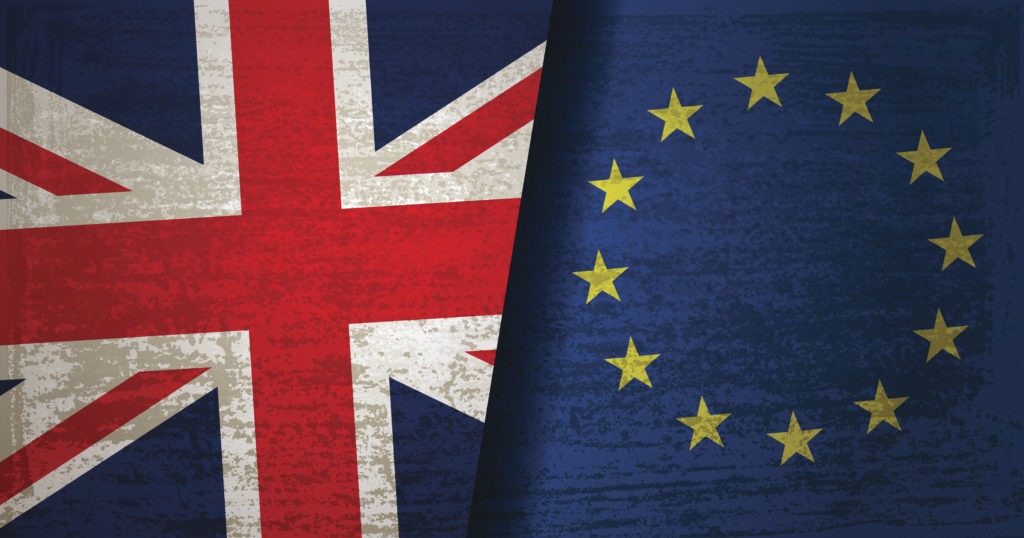UK’s continued importance depends on Brexit negotiations, warns BMW
21 March 2017

21 March 2017
With Prime Minister Theresa May announcing the UK will trigger the two-year exit process on 29 March, BMW CEO Harald Krueger has forewarned that maintaining the prominence of the UK as a hub for car production now depends on the negotiations.
Krueger said: ′The UK remains an important location for us. Much will depend on how Brexit is ultimately negotiated.’
BMW’s main manufacturing hub for the Mini is currently in Oxford, but this could change in the event of the introduction of punitive tariffs between the EU and the UK.
The UK does not have a monopoly on Mini production, with the car also being built via a contract assembler in Born in the Netherlands. As this site is not owned by BMW, it is unlikely to become the main production site in its current form, but production could be ramped up in the face of tariffs in the interim at the expense of the UK.
Referring to the Dutch option, Krueger said: ′At the BMW Group, we are preparing different scenarios. Our production network offers us flexibility.’
The news comes as a new report by PA Consulting finds that some carmakers would be forced to move production overseas if Britain failed to reach an agreement with the EU and fell back on World Trade Organisation (WTO) rules. It says that in the event of this ′hard Brexit’, the cost of assembling a car in Britain could increase by £2370 (€2730) per unit, which would force some manufacturers to look to moving production out of the country.
This more than 10% increase in costs per assembled vehicle under WTO rules, if true, would wipe out profits off new vehicles sales in the UK from most OEMs except for a few premium manufacturers. Under such a pessimistic scenario, the case for producing cars in the UK would almost certainly be largely extinguished. This, coupled with the current weak pound also making imports unattractive, could lead to the UK car parc aging very quickly. Even if the Brexit negotiations conclude with a lighter 5% tariff on importing and exporting cars from the EU, and a 2.5% tariff on components, this would still add £1202 (€1385) to the cost of production.
However, with much of the negativity predicted before the Brexit vote failing to materialise, many consider such dystopian outcomes unrealistic. Some commentators would go so far as to see Brexit being a potential boon for Britain, with the chair of the Economists for Free Trade concluding that ′whatever route’ is taken by the UK government ′to free trade’ post-Brexit, the car industry ′can look forward to a profitable transition to a more productive future.’
Nevertheless, with the UK’s automotive industry having been the fastest growing in Europe since 2009, Brexit threatens to undermine this.